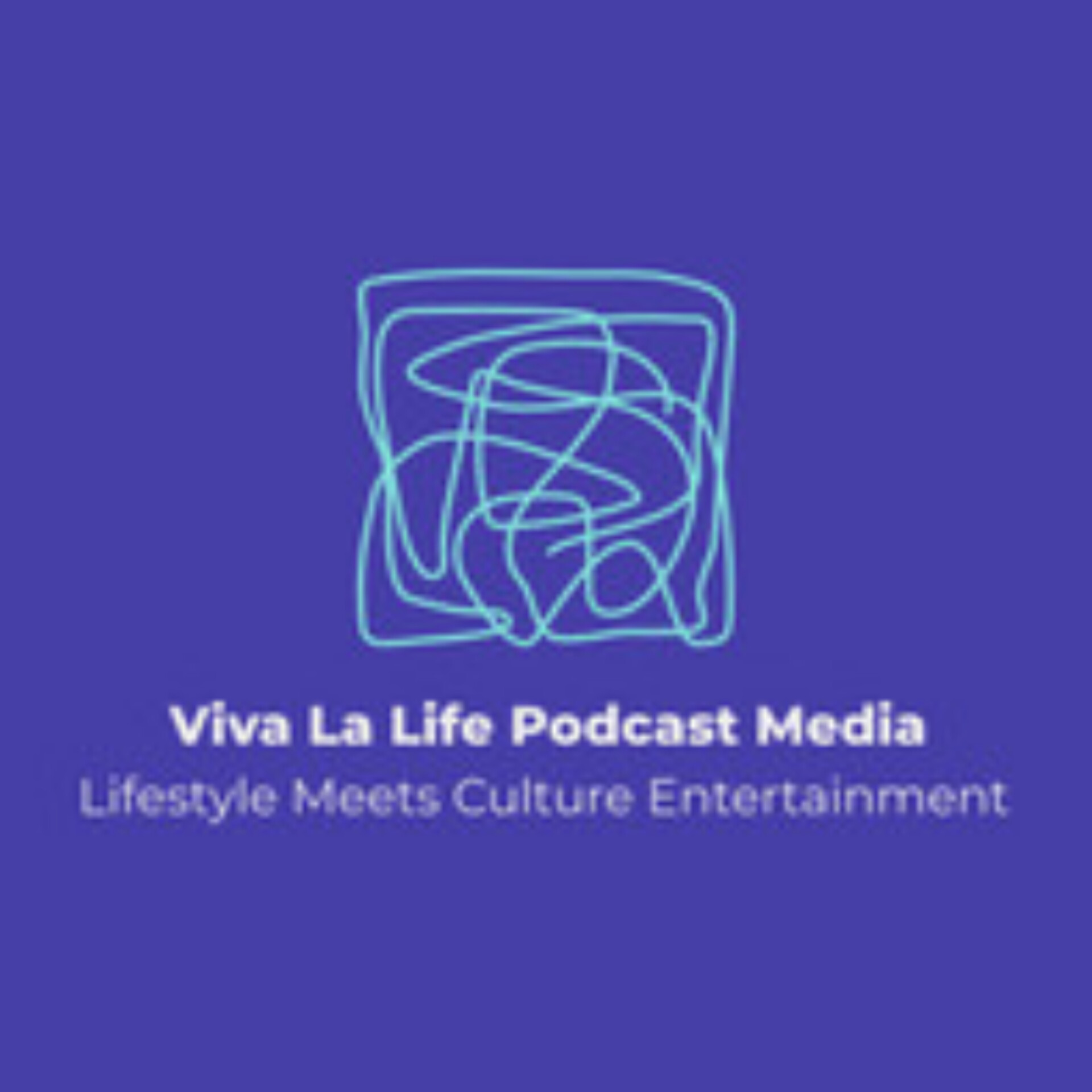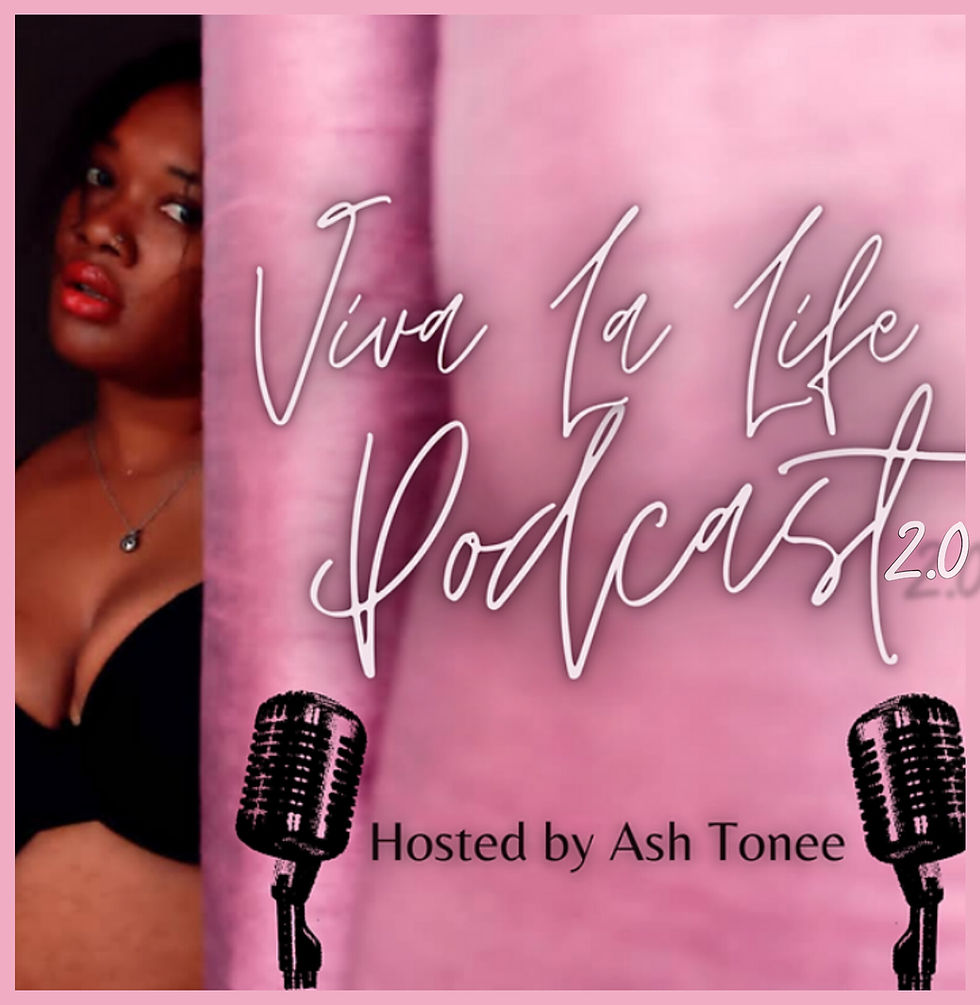Why Am I Always Looking for Someone Else to Tell Me I'm Okay?
- Ash Tonee
- May 15, 2025
- 5 min read
Aloha Viva Fam,
Ever hit send on a post, share an idea, or even just make a decision, and then find yourself compulsively checking for reactions? Refreshing the page, rereading comments (or the lack thereof), maybe even scrolling through tarot feeds or asking friends for their take, all just to feel like your thought, your action, or your intuition was… validated?

Yeah, me too. And if that external confirmation doesn't come, or worse, if you get silence, confusion, or even pushback? It can feel like a punch to the gut, leaving you questioning everything, including yourself. Like, if no one else says it's good, does that mean it's actually bad? If they disagree, does that mean I'm fundamentally wrong?
This isn't just a casual habit; it's a deep-seated human tendency. But for some of us, it's a constant, exhausting loop. So, why do we do this? And what are we really looking for?
The Deeper Stuff: Why We Crave the "Okay" from Outside
Turns out, this intense need for external validation often stems from things that happened long before your last social media post. For many of us, it connects to:
A Shaky Foundation of Self-Worth: If your sense of your own value feels fragile, you might constantly look for external reassurance to prop it up. It's like using other people's opinions as temporary validation sticky notes because your own internal "I am worthy" isn't fully sticking. This can happen if, growing up, the feeling that you were "enough" wasn't consistently nurtured or felt conditional.
Echoes of the Past: Our childhood experiences play a huge role. If you faced emotional neglect, overly critical feedback, or felt like acceptance was conditional (you were only truly valued if you fit a certain mold), you might be wired to seek external approval to feel safe or worthy now. Your nervous system learned that validation comes from out there.
The Anxiety and the Fear: Plain and simple, anxiety and a deep-seated fear of rejection fuel this fire. Seeking confirmation can feel like a way to minimize the risk of being wrong, disliked, or abandoned. When validation doesn't appear, it can trigger those core fears.
Questioning Your Own Compass: Especially if you've gone through experiences that made you doubt your own perception or judgment (like intense stress, past mental health challenges that altered your reality), you might be afraid to fully trust your own internal compass. This pushes you to seek external "proof" that what you're thinking or feeling is accurate.
When you share something you believe is insightful, or act on intuition, you're putting a piece of your internal world out there. If it's met with silence or negativity, it can feel like a personal invalidation, confirming those old fears that you're "a dummy" or "less than." It's like you're giving external reactions the power to define your inner truth.
Navigating the Spiritual Crossroads (When External Rules Don't Fit)

This gets even more complex when your internal world involves spiritual beliefs or experiences that don't fit neatly into conventional boxes. Maybe you feel guided by a higher power, experience intuition deeply, or explore spiritual practices that aren't widely accepted.
My own journey involved moving from a strict religious background to atheism/agnosticism, and eventually finding a spiritual path that embraced abilities I'd always had but suppressed – things like channeling, talking to the dead, or doing spell work. When I was at my lowest, facing homelessness and without human support, exploring diverse spiritual figures from different traditions brought me a sense of connection and truth. My heart resonated with figures like Hecate, Thoth, Anubis, Ganesha, and yes, still Jesus.
The challenge? My deeply personal, multi-faceted spiritual truth doesn't get a lot of external validation. Many traditional Christians, for example, don't accept my inclusive beliefs because they see value in all religions, or because my practices don't fit their doctrine. I see conflicting messages online – some people who left witchcraft say it ruined their lives, which sparks fear and confusion in me ("What were they doing? Will my life get ruined?").
This clash highlights a core issue: external validation often comes with rules, doctrines, and judgments. It wants to put you in a box. It demands a "right" answer, often based on tradition or authority, before it grants acceptance. For those of us whose spiritual paths are guided by internal resonance, personal experience, and a more fluid understanding of the divine, fitting into those external boxes can feel impossible and invalidating.
It makes you question: If my beliefs don't fit the mold, does that mean they're unfounded? Am I just making this up? Especially with a history of doubting your own perception, this fear can be crippling.
Finding Your Compass Within the Noise

So, how do you navigate this when external validation is either scarce, contradictory, or comes with conditions that require you to deny parts of your truth?
The realization that hit me recently is this: If the guidance or truth you're sensing comes from an internal or spiritual source, you often need to look to that same source for confirmation, not solely to the external world of human opinions and doctrines.
This doesn't mean ignoring all external information or never seeking perspective. But it means shifting the primary source of your validation.
Here's what that might look like:
Prioritize Your Internal Compass: Pay attention to what resonates with your "compass of the heart." What beliefs and practices bring you a sense of peace, authenticity, and alignment with your values? Trust that feeling, even if it doesn't have external approval.
Understand External Judgment: Recognize that external judgments, especially in religion and spirituality, often come from the framework of the person doing the judging, not necessarily from an absolute, universal truth about you or your path. Their rules are theirs, based on their understanding.
Focus on the "Fruits": Instead of solely seeking external validation for the truth of your beliefs, consider the impact they have on your life. Are they guiding you toward growth, compassion, and living in a way that feels purposeful and right to you?
Learn to Live with Uncertainty: This is tough, but important. Not everything has a single, externally verifiable "right" answer, especially in matters of faith and the mysteries of existence. Building tolerance for this uncertainty can free you from the desperate need for external certainty.
Seek Validation for Your Experience, Not Just Your Belief: Find people or communities who can validate your experience of sensing guidance, having certain abilities, or finding meaning in your unique spiritual synthesis, even if they don't share the exact same beliefs.

Living your truth, especially when that truth doesn't fit neatly into established external boxes, is a courageous act. It requires building trust in yourself and your connection to the divine (however you understand it), even when external voices are silent, confused, or critical. Your journey is unique, and its validation will ultimately come from the profound resonance and truth you find within, guided by the compass of your heart.






Comments